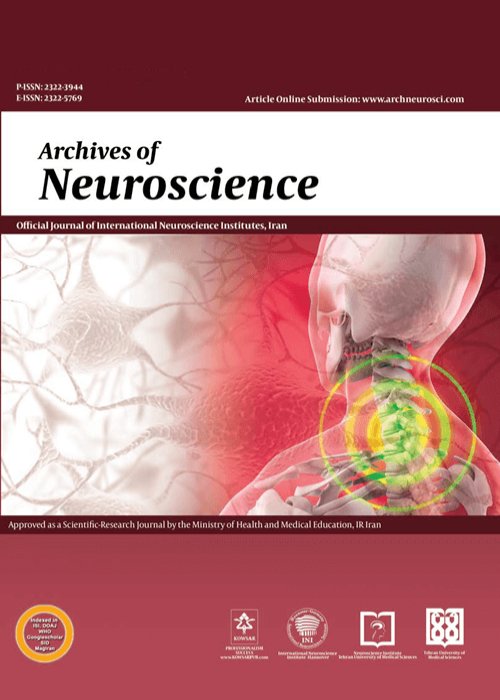Role of Diffusion Tensor Imaging in Parkinson's Disease Diagnosis
Parkinson's disease (PD) is a chronic and progressive neurodegenerative disease that affects the dopamine-containing neurons. In this study, the role of the Diffusion Tensor imaging (DTI) method was investigated in the detection of PD.
The purpose of this study was to investigate the microstructural damage of the brain's white matter in PD using a non-invasive DTI technique.
Twenty patients with PD were studied with comprehensive clinical assessments and DTI data. Also, 10 normal subjects were investigated. Fractional anisotropic (FA) and mean diffusivity (MD) values were calculated by drawing region of interest (ROI) on eight distinctive areas of the brain.
The level of FA and MD in substantia nigra (SN) was significantly different between the PD and healthy control (HC) groups. Also, differences were found in DTI parameters between PD and HC groups in some regions, such as genu, anterior limb of internal capsule (ALIC), splenium, and putamen.
To summarize, DTI as a non-invasive method can be useful in the detection of Parkinson's disease.
- حق عضویت دریافتی صرف حمایت از نشریات عضو و نگهداری، تکمیل و توسعه مگیران میشود.
- پرداخت حق اشتراک و دانلود مقالات اجازه بازنشر آن در سایر رسانههای چاپی و دیجیتال را به کاربر نمیدهد.


